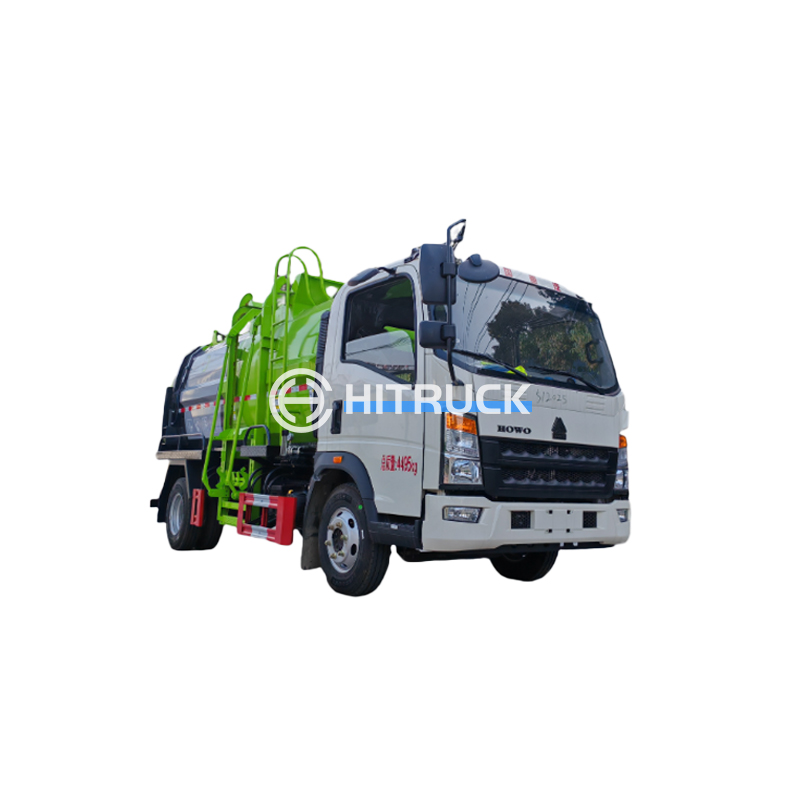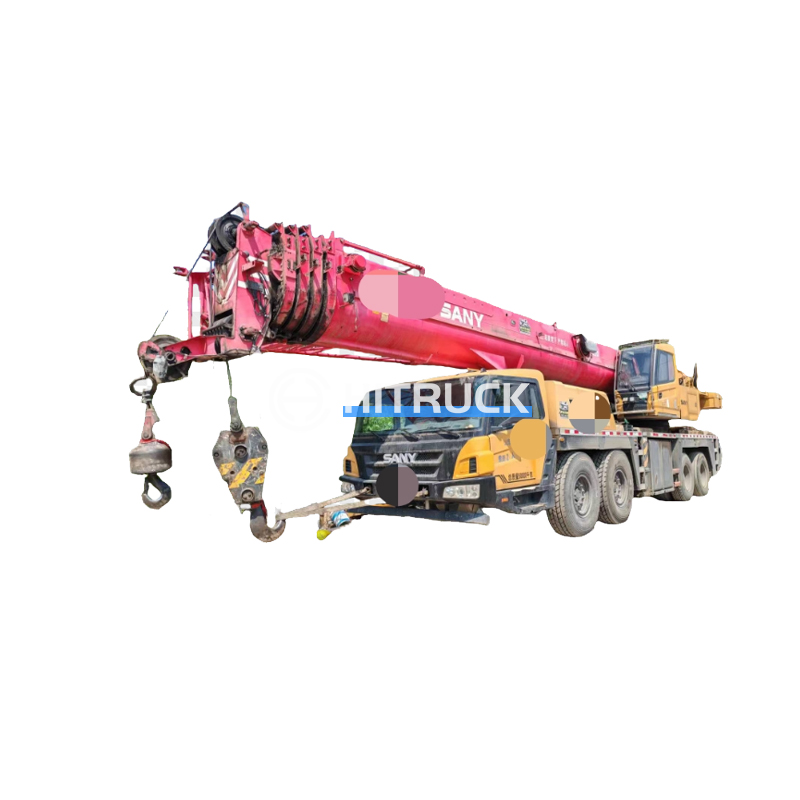This comprehensive guide explores the world of refrigerated reefer trucks, offering insights into their features, types, applications, and considerations for purchase. Learn about different cooling systems, fuel efficiency options, and maintenance best practices to make an informed decision for your transportation needs. We'll cover everything from small delivery trucks to large-scale fleets, ensuring you find the perfect refrigerated reefer truck for your specific requirements. Find your ideal solution today.
Direct-drive systems are known for their simplicity and reliability. The refrigeration unit is directly connected to the truck's engine, providing a straightforward and often cost-effective solution, especially for smaller refrigerated reefer trucks. However, they might not offer the same fuel efficiency as other systems.
Independent systems use a separate refrigeration unit powered by its own engine or electricity. This offers greater flexibility in temperature control and allows the refrigeration unit to operate even when the truck is not running. They're commonly found in larger refrigerated reefer trucks used for long-haul transportation. Fuel efficiency is often superior compared to direct-drive systems.
The increasing adoption of electric vehicles is driving innovation in refrigerated reefer truck technology. Electric reefer trucks offer significant environmental benefits through reduced emissions and potential cost savings on fuel. However, factors like range and charging infrastructure need consideration. Several manufacturers are now offering electric options for various sizes of refrigerated reefer trucks.
The size of your refrigerated reefer truck will depend on the volume and weight of goods you need to transport. Carefully assess your typical cargo to choose the appropriate payload capacity and internal dimensions. Consider future growth potential as well.
Different cooling systems offer varying levels of temperature control and energy efficiency. The required temperature range will depend on the type of goods being transported. Some goods require precise temperature control, while others can tolerate a wider range. Ensure the chosen refrigerated reefer truck meets your specific temperature requirements.
Fuel costs are a major factor in operating a refrigerated reefer truck. Consider the fuel consumption rates of different models and the potential for cost savings through fuel-efficient technologies and driving practices. Regular maintenance is crucial for optimizing fuel efficiency.
Regular maintenance is essential for keeping your refrigerated reefer truck in optimal condition and minimizing downtime. Consider the availability of parts and service in your area, and factor in potential repair costs when budgeting.
Choosing the right refrigerated reefer truck requires careful consideration of various factors. Understanding the different types, their features, and your specific transportation needs are key to making an informed decision. For a wide selection of high-quality refrigerated reefer trucks, explore the options available at Suizhou Haicang Automobile sales Co., LTD. They offer a diverse range of trucks to suit various applications and budgets. Their expertise can guide you through the selection process and help you find the perfect fit for your business.
| Feature | Direct-Drive | Independent | Electric |
|---|---|---|---|
| Cooling System | Directly connected to engine | Separate refrigeration unit | Electrically powered unit |
| Fuel Efficiency | Generally lower | Generally higher | High, dependent on electricity source |
| Cost | Often lower initial cost | Higher initial cost | Higher initial cost, potential long-term savings |
Note: This information is for general guidance only. Specific features and specifications may vary depending on the manufacturer and model. Consult with a refrigerated reefer truck supplier for detailed information.












